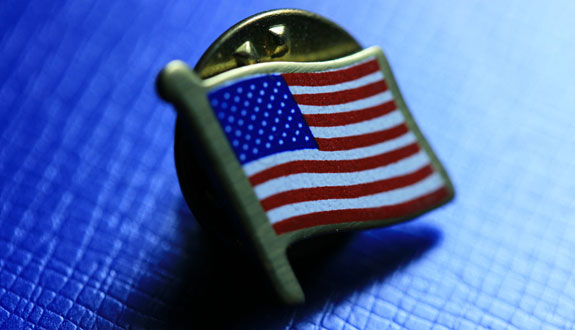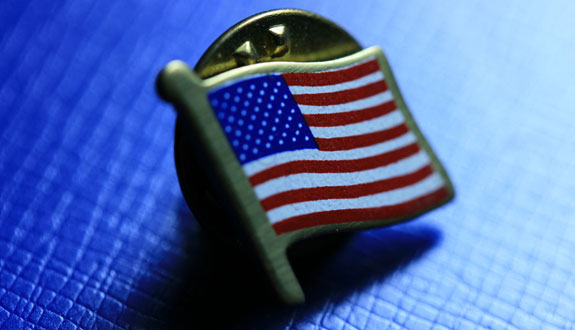How LSAT Prep is a Lot Like Presidential Debate Prep
- by
- Oct 23, 2012
- LSAT, Politics
- Reviewed by: Matt Riley


Tonight, Barack Obama and Mitt Romney will square off in their third and final presidential debate. Each has spent time secreted in some remote location for arduous and intense debate preparation. The LSAT requires serious prep too, but the similarities don’t stop there.
With both presidential debates and LSAT administrations, you know what’s coming (more or less). Presidential candidates know what topics are likely to come up in the debates, whether in the questions or in their opponent’s responses: taxes, spending, health care, recent events in Libya, comments about the 47%, etc. Likewise, on the LSAT you know there’s going to be an ordering game. It’s very likely that you’ll have to apply your conditional logic skills to a sufficient assumption logical reasoning question. You’re near certain that at least one LSAT reading comp question will ask, “Which of the following can most reasonably be inferred from the passage?”
But both on the LSAT and in a debate, you don’t know exactly how these things will be asked. Will that ordering game have conditional rules? Will the reading comp passages be even more scintillating and thrilling than that one about contingency fees for lawyers in Western Australia? Likewise, in the debate, you don’t know exactly how all those topics will come up. How will the questions be worded? Will your opponent have the same answers he had yesterday? Or will he change it up and go with his answers from 10 years ago?
You get three chances at either a presidential debate or the LSAT. You may take the LSAT three times in two years, just as the third debate tonight is the last chance for the candidates to square off. And both formats give you the opportunity to compensate for bad performances, but not to erase them. Even a cancellation of your LSAT score shows on your record. But this isn’t a big deal at all compared to the hole a poor debate performance can dig for a candidate. (I’m speaking purely hypothetically, of course, and not referring to any particular incumbent’s performance in any particular debate held in, let’s say, Denver.)
The debates and the LSAT also each have an authority figure who introduces some uncertainty into the proceedings. For the debates, this is the moderator; for the LSAT, a proctor. Will the proctor give accurate five-minute warnings? Will he walk loudly around the room, seeming to stop and linger directly behind you again and again? Likewise, the presidential candidates can wonder how effectively the moderator will enforce the time limits. Will he or she submit to being bullied about the rules of the debate? Will he or she spontaneously fact-check you?
There are differences, too. When you take the LSAT, you may have to wait a few weeks for the results but you can be thankful that hundreds of pundits aren’t immediately assessing your performance on Twitter. But then again, both the debates and the LSAT make up a large part of a successful application. Your personal statement, GPA, and recommendations matter, but a poor LSAT score is hard to overcome. So it goes for the presidential election, too; all the advertising in the world can do only so much to overcome failure in the debates.
Search the Blog

Free LSAT Practice Account
Sign up for a free Blueprint LSAT account and get access to a free trial of the Self-Paced Course and a free practice LSAT with a detailed score report, mind-blowing analytics, and explanatory videos.
Learn More
Popular Posts
-
logic games Game Over: LSAC Says Farewell to Logic Games
-
General LSAT Advice How to Get a 180 on the LSAT
-
Entertainment Revisiting Elle's LSAT Journey from Legally Blonde








